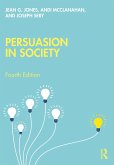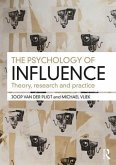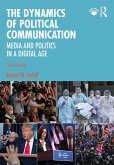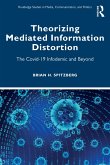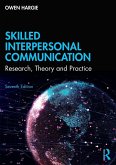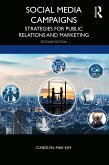This fully-updated fourth edition introduces readers to the rich tapestry of persuasive technique and scholarship, interweaving perspectives from rhetoric, critical theory, and social science and applying their insights to practical political, social, and business contexts.
This text examines current and classical theory through the lens of contemporary culture, encouraging readers to explore the nature of persuasion and to understand its impact in their lives. Employing a contemporary approach, it draws from popular culture, mass media, social media, advertising, political campaigns, and social movements to help readers become informed creators and consumers of persuasive messages. Case studies show how and why people fall for persuasive messages, demonstrating how persuasion works at a cognitive level. This new edition includes extended treatment of the ethics of persuasion, including opposing views on handling controversial issues in the college classroom; a new chapter on propaganda and ideology; and a greater focus on digital contexts and social media. Discussion questions, exercises, and key terms are provided for each chapter.
This textbook will be a valuable tool for students of communication, media studies, politics, psychology, and business and advertising.
Online resources for instructors include PowerPoint slides and test bank.
This text examines current and classical theory through the lens of contemporary culture, encouraging readers to explore the nature of persuasion and to understand its impact in their lives. Employing a contemporary approach, it draws from popular culture, mass media, social media, advertising, political campaigns, and social movements to help readers become informed creators and consumers of persuasive messages. Case studies show how and why people fall for persuasive messages, demonstrating how persuasion works at a cognitive level. This new edition includes extended treatment of the ethics of persuasion, including opposing views on handling controversial issues in the college classroom; a new chapter on propaganda and ideology; and a greater focus on digital contexts and social media. Discussion questions, exercises, and key terms are provided for each chapter.
This textbook will be a valuable tool for students of communication, media studies, politics, psychology, and business and advertising.
Online resources for instructors include PowerPoint slides and test bank.


